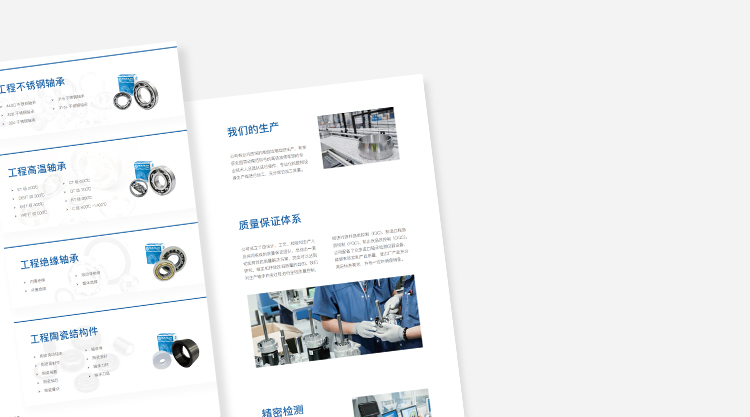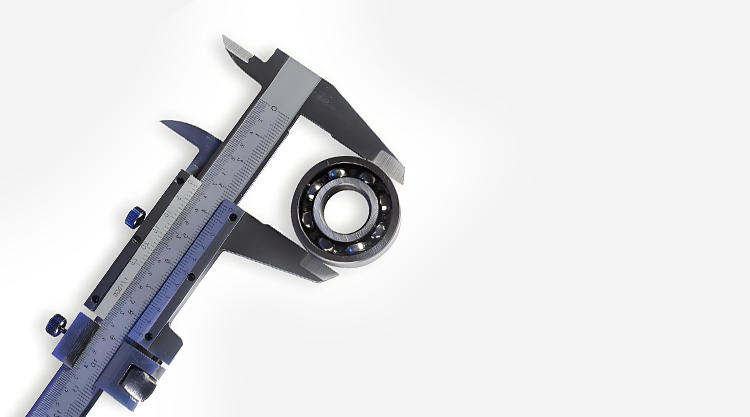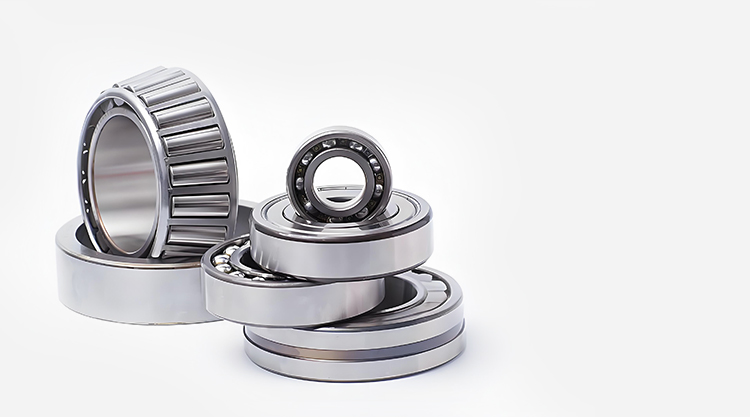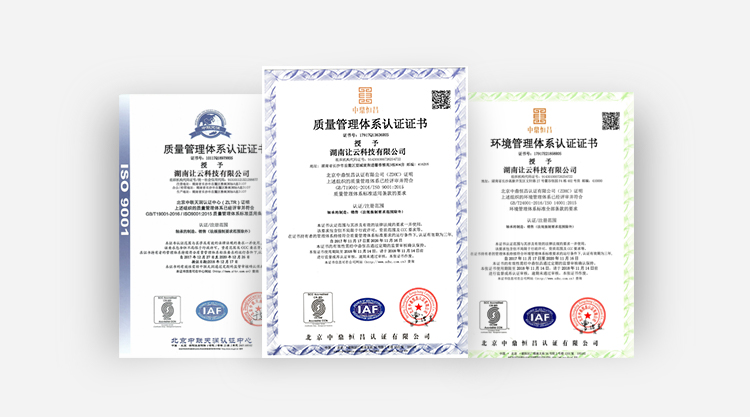Analysis of Zinc-Free Copper Bearings
In the industrial field, the choice of bearing materials directly affects the stability and service life of equipment. In recent years, "zinc-free and copper-free bearings" have gradually become a focus in some industries. So, "why choose bearings without zinc and copper? Which working conditions strictly require the use of zinc-free and copper-free bearings?" This article will combine practical application scenarios to provide you with an in-depth analysis.
I. Why do we need zinc-free and copper-free bearings?
In conventional bearings, zinc provides some rust prevention, while copper offers good wear resistance. However, in certain industrial conditions, zinc and copper elements may actually bring hidden risks. The main reasons for choosing "zinc-free and copper-free bearings" are as follows:
| Ensure lubrication performance | Zinc and copper may react with lubricating oil or grease, damaging the oil film, leading to film failure, and thus accelerating bearing wear or even failure. For high-speed and precision equipment, lubrication failure means serious risk. |
|---|---|
| Resist corrosion risk | In chemical, marine, and other highly corrosive environments, zinc and copper can accelerate corrosion and even cause galvanic corrosion, shortening bearing life. Using zinc-free and copper-free bearings can significantly improve corrosion resistance. |
| Comply with industry standards and safety regulations |
Food and pharmaceutical industry: Strictly limits metal ion release to prevent product contamination. Electronics industry: Prevents copper elements from interfering with signals and zinc dust from causing circuit short circuits. |
Therefore, zinc-free and copper-free bearings are not suitable for all equipment but are a typical scenario-based demand.
II. Common application industries of zinc-free and copper-free bearings
| Chemical and marine engineering | Requires high corrosion resistance to prevent metal leaching from causing equipment failure. |
|---|---|
| Food and pharmaceutical production | Requires high cleanliness to avoid metal ion contamination of raw materials or finished products. |
| Electronics and precision equipment | Avoid signal interference and dust-induced short circuit issues. |
These industries have higher requirements for bearing selection, and the use of zinc-free and copper-free bearings is an important means of ensuring safety and reliability.
III. Typical material choices for zinc-free and copper-free bearings
At present, common zinc-free and copper-free bearing materials on the market include:
| Stainless steel bearings | With high corrosion resistance, suitable for food, pharmaceutical, and mildly corrosive environments. |
|---|---|
| Ceramic bearings | Good insulation, corrosion resistance, and high-temperature resistance, suitable for precision instruments and special conditions. |
| Engineering plastic bearings | Lightweight and corrosion resistant, suitable for equipment with high cleanliness requirements. |
Choosing the right zinc-free and copper-free bearings based on working conditions can effectively reduce performance risks and extend equipment service life.
IV. How to determine if you need "zinc-free and copper-free bearings"?
Is your equipment operating in highly corrosive environments?
Is it involved in industries such as food and pharmaceuticals that require extremely high cleanliness?
Is it related to electronics and semiconductors where sensitivity to signal interference is critical?
Zinc-free and copper-free bearings are not a universal requirement but a professional choice for specific conditions. Through proper bearing selection, companies can avoid performance risks caused by zinc and copper, ensuring long-term stable operation of equipment. Whether in the food, pharmaceutical, chemical, or electronics industry, zinc-free and copper-free bearings are playing an increasingly important role.
-
15 2025.09What causes excessive temperatures during bearing operation?
This article will analyze the causes of excessive bearing operating temperatures from multiple perspectives based on practical applications, and provide corresponding solutions to help engineers and e
-
15 2025.09Angular Contact Bearings: Structural Features, Application Scenarios
In industrial equipment, angular contact bearings are a common type of high-precision bearing widely used in machine tool spindles, motors, pumps, compressors, and aerospace applications.
-
15 2025.09Do new bearings require grease? A Comprehensive Guide to Bearing Lubrication and Main
This article will comprehensively analyze whether new bearings require grease lubrication and provide lubrication considerations for different operating conditions, based on practical applications.
-
15 2025.09When to Choose Ceramic Bearings in Corrosive Environments?
This article will analyze when ceramic bearings should be selected in corrosive environments and how to perform proper selection based on common operating conditions.




